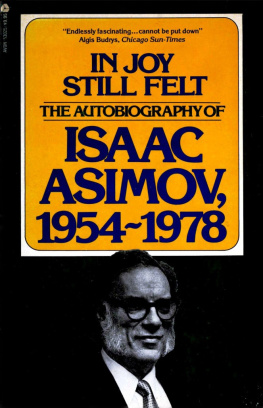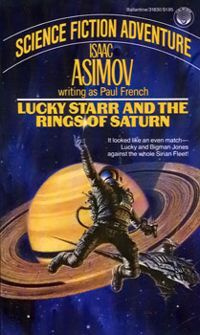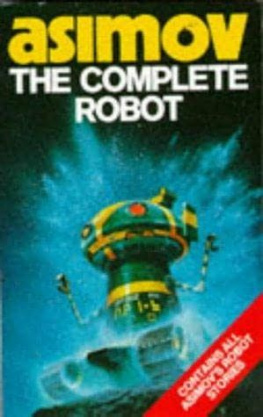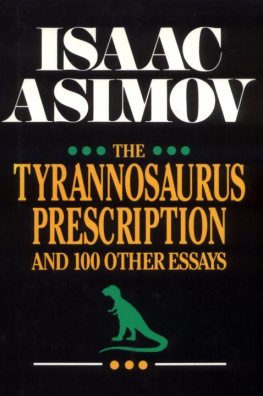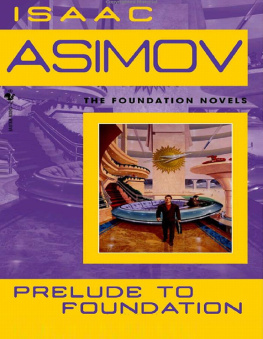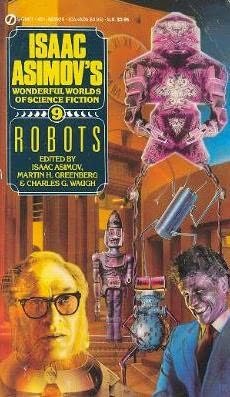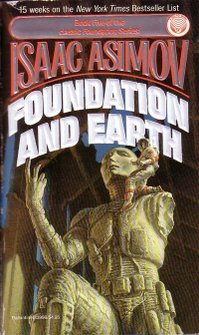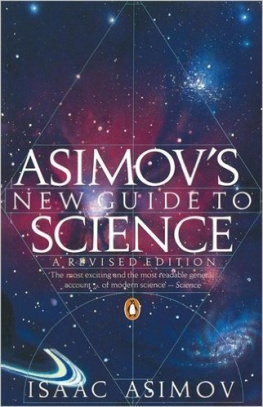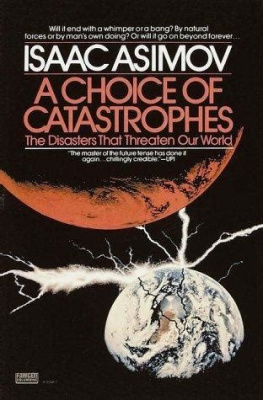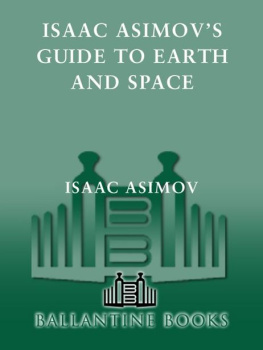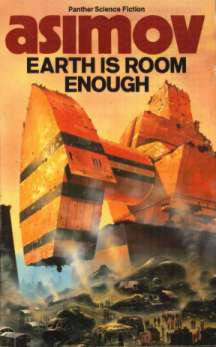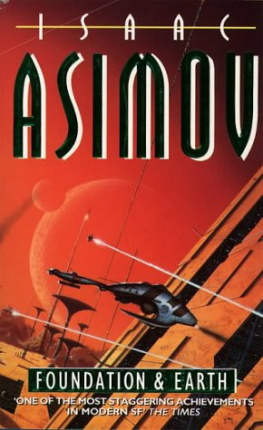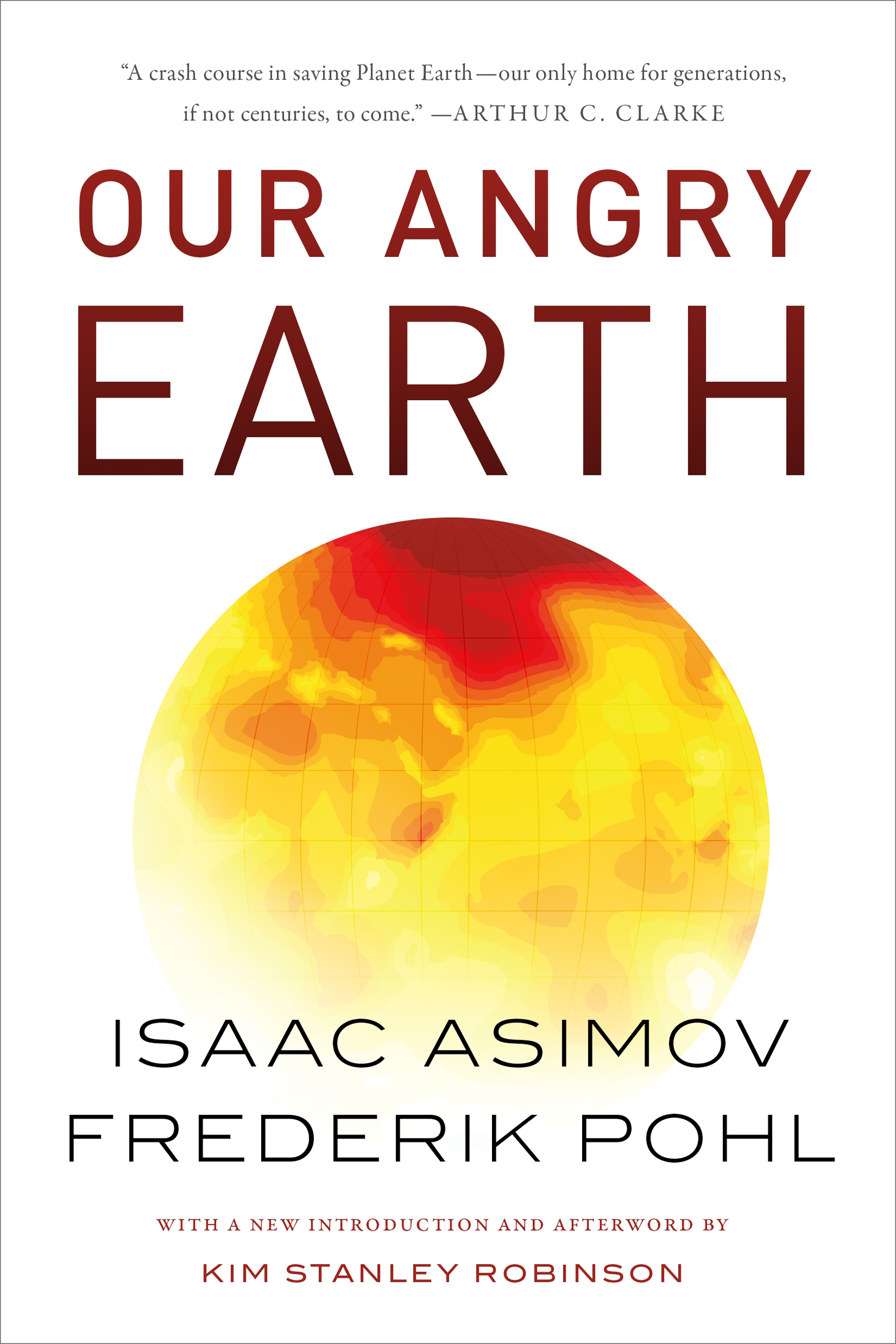Contents
Guide
Pagebreaks of the print version
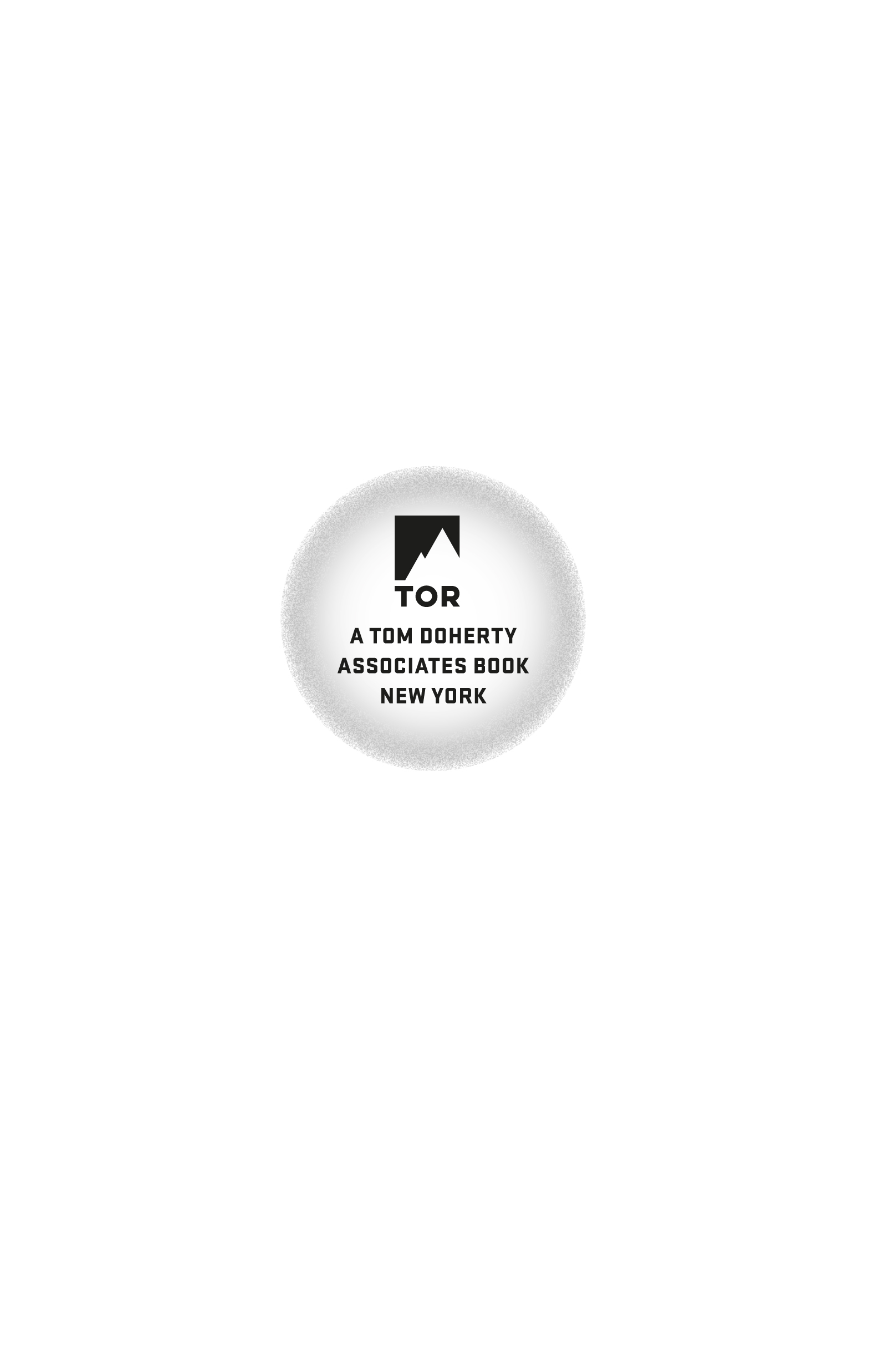

The author and publisher have provided this e-book to you without Digital Rights Management software (DRM) applied so that you can enjoy reading it on your personal devices. This e-book is for your personal use only. You may not print or post this e-book, or make this e-book publicly available in any way. You may not copy, reproduce, or upload this e-book, other than to read it on one of your personal devices.
Copyright infringement is against the law. If you believe the copy of this e-book you are reading infringes on the authors copyright, please notify the publisher at: us.macmillanusa.com/piracy.
Isaac Asimov and Frederik Pohl met in the late thirties in New York, when they were teenagers. Both of them were associated with a group of like-minded young science fiction writers called the Futurians. The Futurians were interested in the Young Communist League and other leftist causes, and this was true to an extent of Asimov and Pohl as well. Both of them later recalled these years very entertainingly in their autobiographies, Asimovs In Memory Yet Green and Pohls The Way The Future Was, and Damon Knights memoir The Futurians includes funny portrayals of them both. During those years they wrote a few stories together, as most of the members of that group had a habit of doing. Quickly Asimovs solo stories established him as one of the most famous science fiction writers alive. Pohls career had a more scattered beginning, and along with writing short fiction, often in collaboration with Cyril Kornbluth, he worked extensively as an editor and a literary agent. Both men joined the Army during World War II, and Pohl worked as an Army meteorologist, giving him experiences that are perhaps relevant to this book. I recall a dinner in Portales, New Mexico, in 2005, during which Pohl discussed the phenomenon of virga with pleasure; its a kind of rainfall that doesnt reach the ground, and he liked both the word and the sight of those sheets of rain hanging in the sky.
Soon after the war ended both men returned to civilian life, and wrote prolifically through the next four decades. Though somewhat similar in their aesthetics and politics, they were quite different in character, at least in public. Asimov was sanguine and ebullient, a cheerful polymath and public intellectual who could write well on any topic, and spent most of his time in Manhattan. Pohl was saturnine and watchful, and was mostly a science fiction insider, who traveled extensively and lectured frequently. They both remained as committed to liberal politics as they had been in their youth, which put them at odds with some other writers in the science fiction community, especially during the Vietnam War. They were both forthright advocates of the scientific method and the scientific community, and both could be called environmentalists from the moment the term was invented.
By the end of the 1980s, both of them had become concerned that the multiple ecological problems afflicting the planet were going to merge into a larger biosphere crisis that would be greatly exacerbated by climate change. What could they do about it? They were writers, and so they concluded their best chance of making an effective intervention was to write a book warning their fellow citizens of the danger of the situation. This book would first list and analyze all the problems, then suggest viable solutions to them. Writing such a book wouldnt be easythe subject is massive and complicatedbut these two writers were up to the task. Asimov was simply amazing in his ability to comprehend and synthesize large bodies of information and present them clearly. The four hundred books he wrote in his lifetime covered nearly that many topics, and these werent mere summarizations; his clarity of expression, good judgment, and awareness of context made them truly interesting. Asimov on the Bible? On Shakespeare? On chemistry? He was really good on all these subjects, and many more. As for Pohl, he was also a polymath and a fine writer, and the environmental situation was his special topic of expertise, and a matter of increasing concern to him.
So the two men made a great team, and they combined to write in a clear informative style. You cant distinguish their voices in this text, but I suspect they split the job about equally. Even if the book was Pohls idea, and he talked Asimov into lending his fame to the project by coauthoring iteven if Pohl brought the bulk of the preparatory materials to the tableI think it most likely Asimov jumped fully into the work, and did his fair share or more. Write half of a synthesis of the entire planetary situation? This was what he liked to do and was always doing. So here these two old pros took on a task they cared deeply about, and the result is very impressive.
Kim Stanley Robinson
January 2017
Throughout history, the doom-criers have been with us. We have heard of Cassandra, the daughter of Priam of Troy, who told the Trojans constantly that their city would be destroyedbut was never believed.
Before her, there must undoubtedly have been prophets of doom among the Egyptians and the Babylonians, and the history of the early Jews was particularly rife with such matters. The prophet, Jeremiah, was constantly predicting the destruction of Judah, and after him there came a long line of people (including John the Baptist), who said, Repent, for the Kingdom of Heaven is at hand.
The Day of Judgment (which represents the coming of the Kingdom of Heaven) is an ever living threat, and even today, such sects as Jehovahs Witnesses and the Seventh-Day Adventists expect it at any time.
All these doom-criers, however, based their hopeless commentary on religion. Humanity was full of sin (by which most religious people meant sex, for they never seemed as concerned about murder, theft, and corruption as they did about a little sexual amusement) and, as a result, a righteous and vengeful god was going to destroy everyone and everything. Look at the Flood. Look at Sodom and Gomorrah.
Few people ever took these religious doom-criers seriously, however, for the simple reason that few people ever agreed on religion, and because thousands of years of threats of divine retribution had always come to nothing, anyway.
But now the situation has changed.
It is not adultery and fornication that is threatening humanity, but physical pollution. It is not an angry god who is threatening to destroy everything; it is a poisoned planetpoisoned by us.
Humanity is being threatened by its own deeds, yes, but the deeds that are threatening us with destruction do not involve the breaking of the ten commandments.
The coming of doom is, instead, the result of deeds that do not seem evil on the face of it. Because we are concerned with improving the health of mankind, and its security, our population has increased markedly, especially in the last hundred years, to the point where Earth cannot support us all.
Because we have industrialized ourselves in order to lift the curse of physical labor from our backs, we have poured the poisons produced by the internal-combustion engine into our atmosphere and dirtied it to the point where we can scarcely breathe it.
Because we have learned to make new materials for the greater convenience of mankind, we have produced chemical toxins that are saturating our soil and water.


